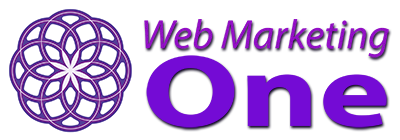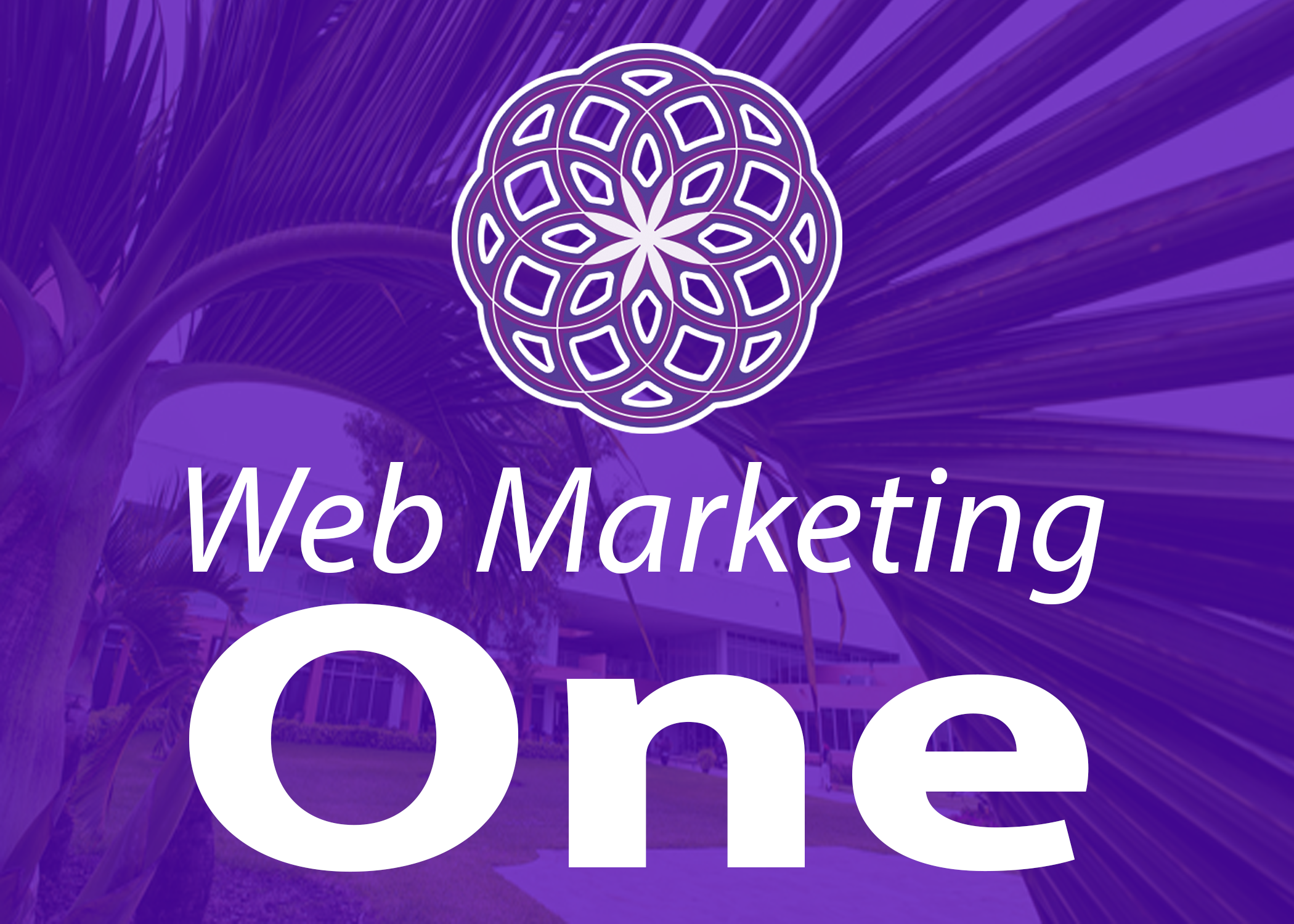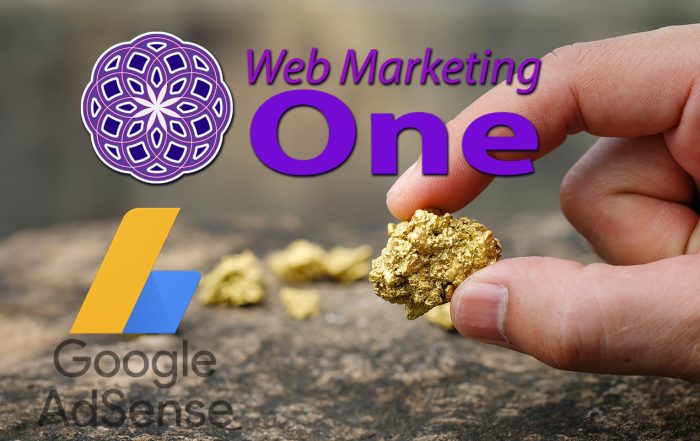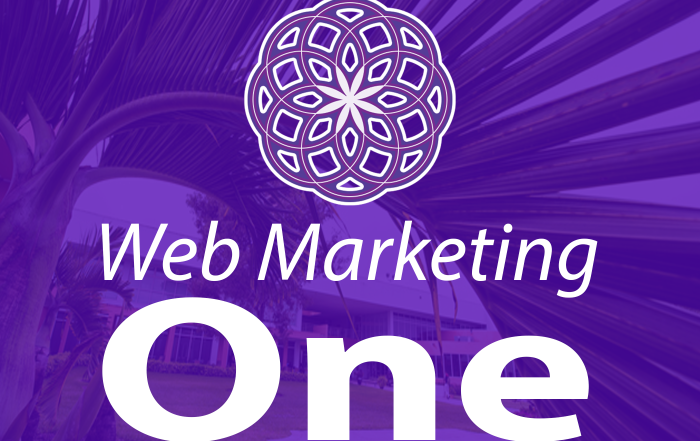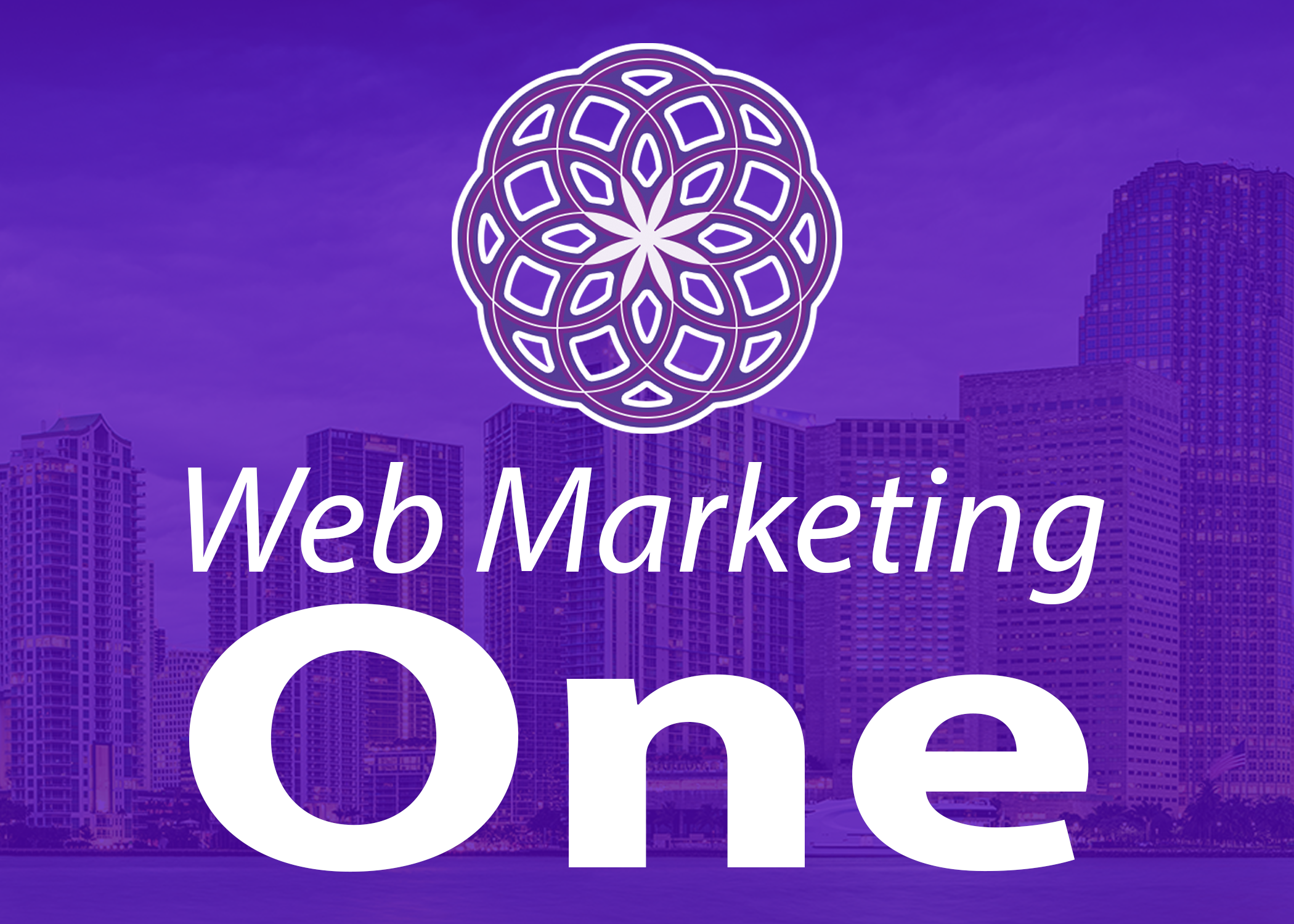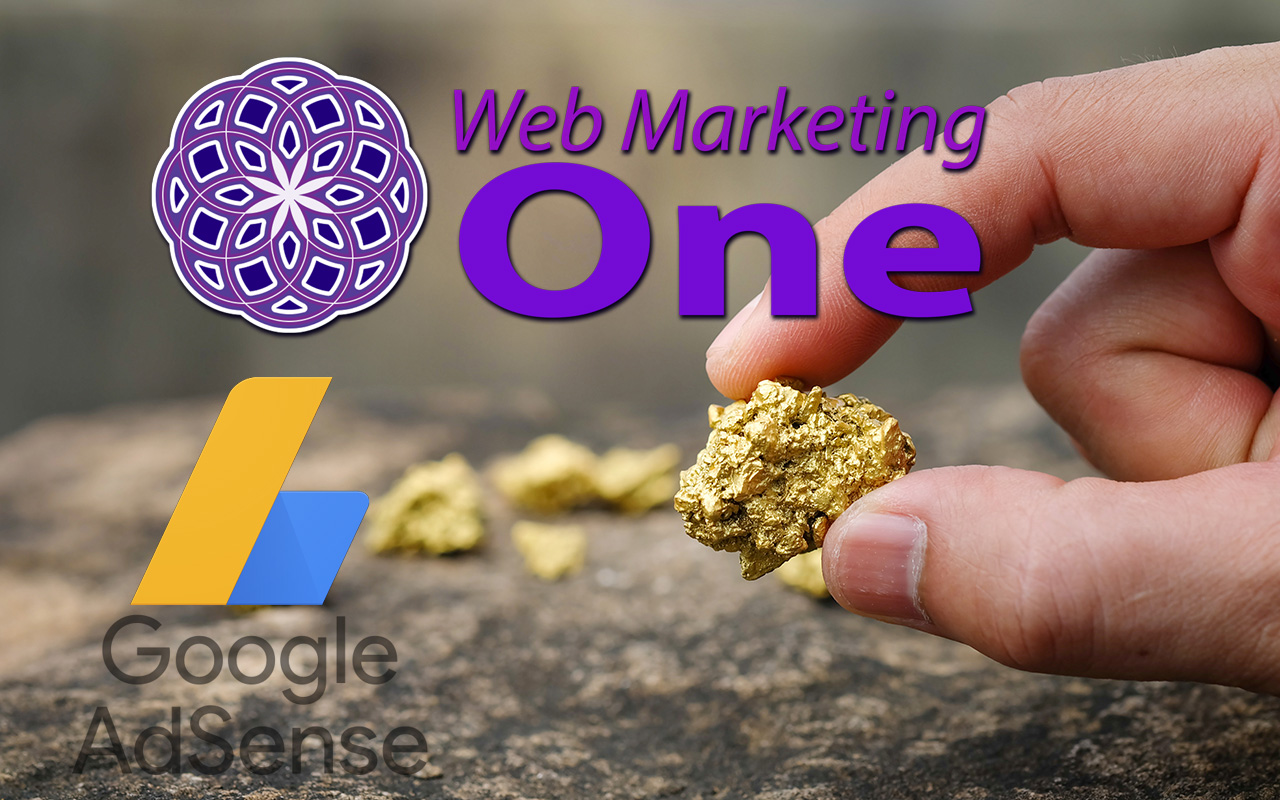What is Web Marketing?
Exploring the Power of Digital Promotion
The Definitive List of 15 Types of Web Marketing
In today’s digital age, web marketing has become an integral part of every successful business strategy. It encompasses a wide range of techniques and strategies designed to promote products, services, or brands to a global audience. Web marketing leverages the power of the internet to reach and engage with potential customers, driving conversions and business growth. In this comprehensive guide, we will explore the various aspects of web marketing, its types, implementation, and the benefits it offers.
What is Meant by Web Marketing?
Web marketing, also known as digital marketing or online marketing, refers to the practice of promoting products, services, or brands through digital channels. It involves utilizing various online platforms, such as websites, search engines, social media, email marketing, and paid advertising, to reach and engage with target audiences. Web marketing focuses on generating leads, increasing brand visibility, driving website traffic, and ultimately converting prospects into customers.
Types of Web Marketing
-
Search Engine Optimization (SEO)
- SEO is the process of optimizing a website to improve its visibility in search engine results. It involves optimizing website content, meta tags, and building quality backlinks to increase organic traffic.
-
Pay-Per-Click Advertising (PPC)
- PPC digital marketing allows businesses to display targeted ads on search engine result pages and other online platforms. Advertisers pay a fee only when their ads are clicked, making it a cost-effective and measurable way to drive immediate traffic.
-
Social Media Marketing
- Social media platforms like Tik-tok, Facebook, Instagram, Twitter, and LinkedIn offer a vast audience for businesses to engage with. Social media marketing involves creating and sharing content, running paid ads, and building a community of followers to enhance brand visibility and engagement.
-
Content Marketing
- Content marketing focuses on creating and distributing valuable, relevant, and consistent content to attract and retain a clearly defined audience. It includes blog posts, articles, infographics, videos, and more to educate, entertain, and engage the target audience.
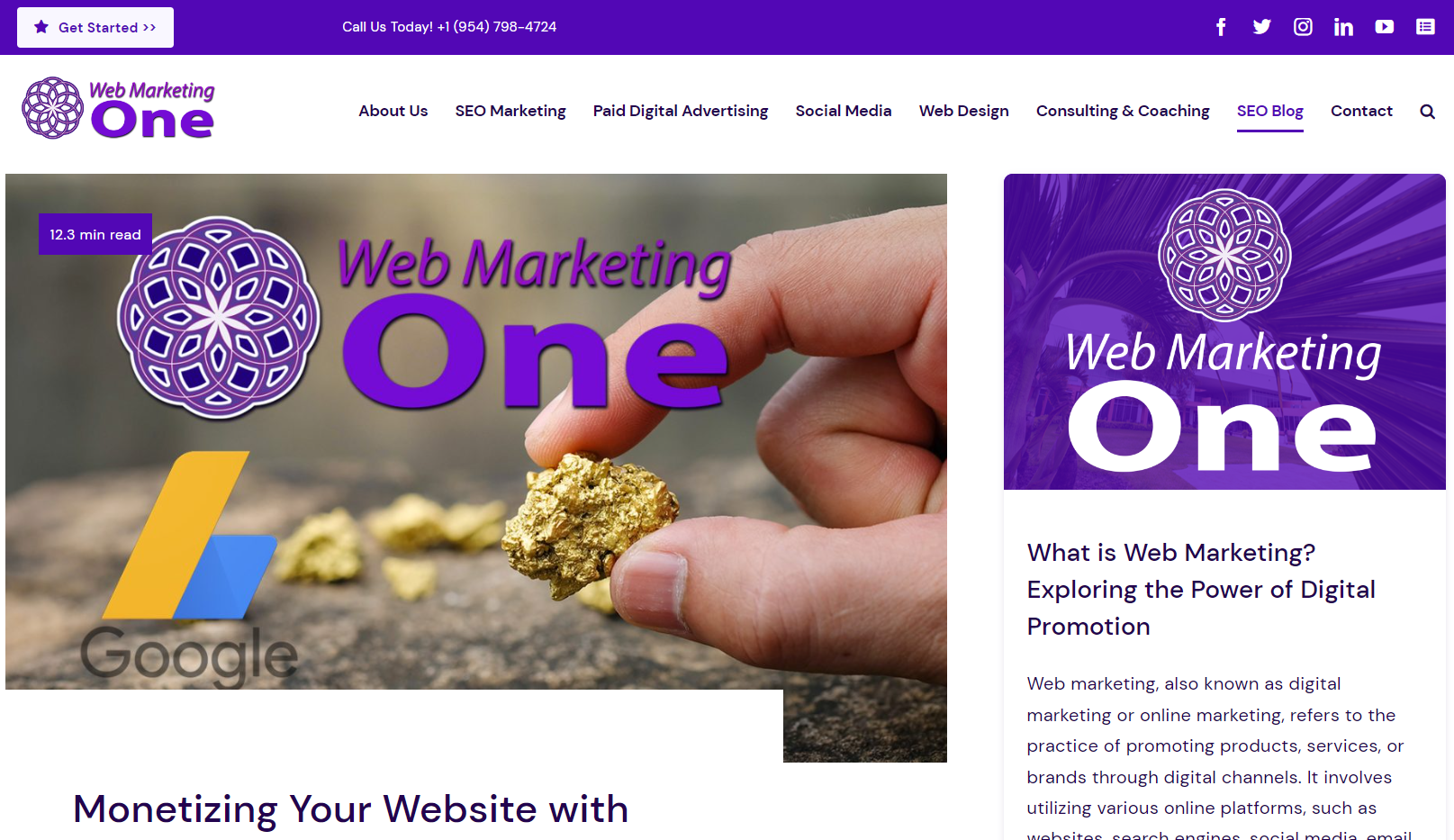
-
Email Marketing
- Sending targeted emails to a list of subscribers to nurture leads, build relationships, and promote products or services. It involves personalized messaging, automation, and analytics to optimize campaign performance.
-
Influencer Marketing
- Collaborating with influential individuals or industry experts to promote products or services to their dedicated followers and leverage their credibility and reach.
-
Affiliate Marketing
- Partnering with affiliates who promote your products or services on their platforms. They earn a commission for every sale or lead generated through their referral.
-
Online Advertising
- Displaying ads on various websites, including banner ads, video ads, and native ads. Online advertising can be done through ad networks, programmatic advertising, or direct placements.
-
Mobile Marketing
- Optimizing marketing efforts for mobile devices, including mobile-responsive websites, mobile apps, mobile advertising, and location-based marketing.
-
Video Marketing
- Using videos to promote products or services, educate the audience, or provide valuable content. Video marketing can be done through platforms like YouTube, social media, or website embedding.
-
Conversion Rate Optimization (CRO)
- Optimizing websites and landing pages to increase the percentage of visitors who take desired actions, such as making a purchase, signing up for a newsletter, or filling out a form.
-
Remarketing and Retargeting
- Displaying targeted ads to users who have previously visited your website or interacted with your brand online. It helps in re-engaging potential customers and increasing conversions.
-
Local SEO & Digital Marketing
- Targeting specific geographic areas to promote products or services to local customers. It involves local SEO, online directories, location-based advertising, and community engagement.
-
Reputation Management for Online Public Relations (PR)
- Using online channels to manage and enhance a brand’s reputation, generate positive publicity, and engage with the target audience.
-
Web Data Analytics
- Collecting and analyzing data from various digital marketing activities to measure performance, track user behavior, and optimize marketing strategies.
Our Digital Marketing Services Include
How Can I Do Web Marketing?
Implementing an effective online marketing strategy requires careful planning and execution. Here are key steps to get started:
- Define Your Goals: Determine your objectives, whether it’s increasing website traffic, generating leads, or boosting online sales. Clear goals will guide your strategy.
- Identify Your Target Audience: Understand your target audience’s demographics, preferences, and online behavior. This information will help you tailor your marketing efforts.
- Create a User-Friendly Website: Develop a visually appealing, responsive website that provides a seamless user experience across devices. Optimize it for search engines and make it easy for visitors to find what they’re looking for.
- Content Creation and Distribution: Develop valuable and engaging content that resonates with your audience. Distribute it through your website, blog, social media channels, and email newsletters to attract and engage users.
- Implement SEO Techniques: Optimize your website for search engines by incorporating relevant keywords, optimizing meta tags, improving site speed, and building high-quality backlinks.
- Embrace Social Media: Establish a presence on relevant social media platforms and engage with your audience. Share informative and engaging content, run targeted ads, and build relationships with followers.
- Leverage Email Marketing: Build an email list of interested prospects and customers. Send personalized, valuable content, promotions, and updates to nurture leads and drive conversions.
What is PPC Web Marketing?
PPC digital marketing, also known as pay-per-click advertising, is a model in which advertisers pay a fee each time their ad is clicked. It allows businesses to display targeted ads on search engine result pages, social media platforms, or other websites. PPC offers quick visibility, immediate traffic, and the ability to control advertising budgets. Platforms like Google Ads and social media advertising networks provide robust tools to create, monitor, and optimize PPC campaigns.
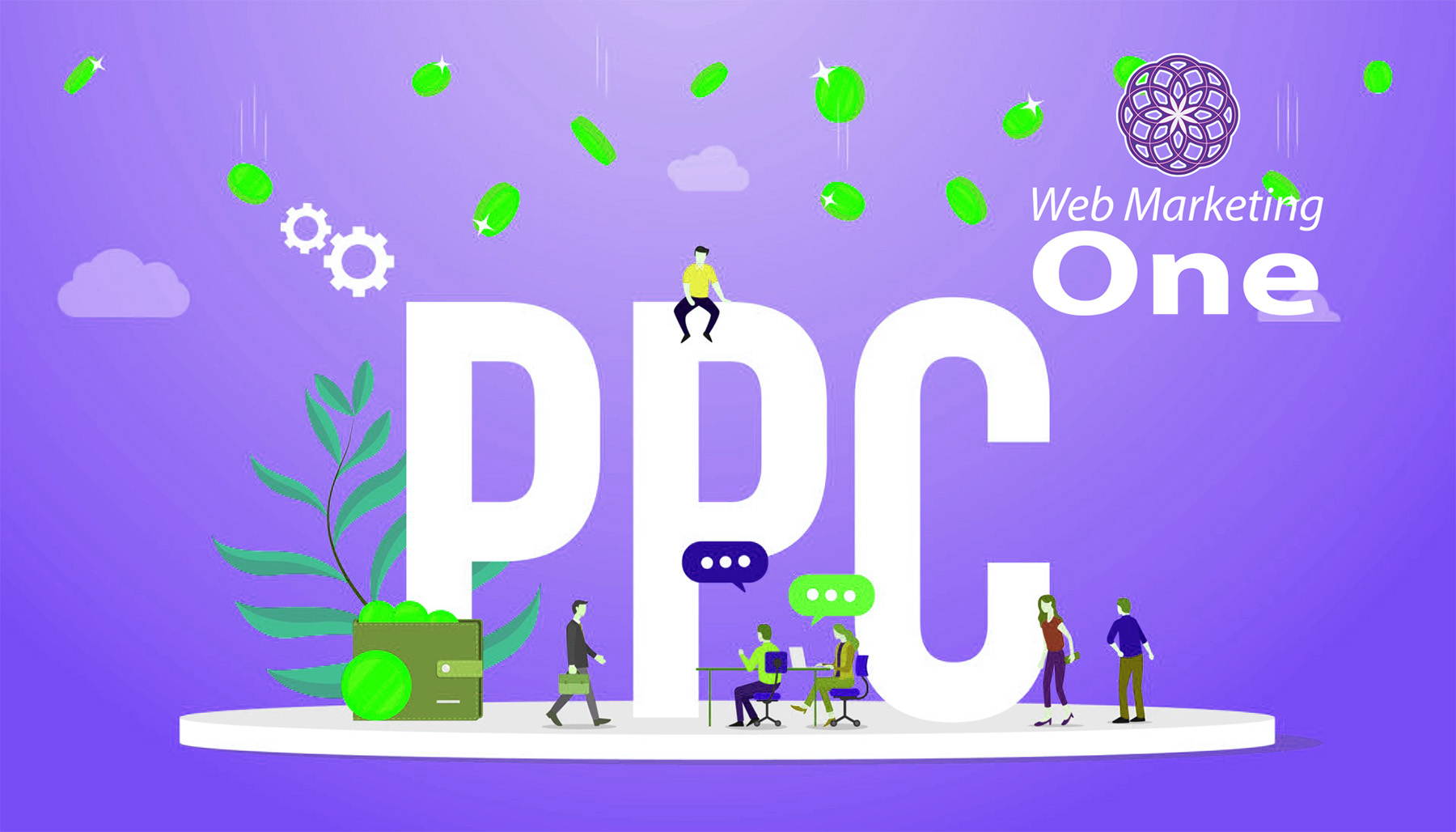
Types of PPC Web Marketing
- Search Ads: These are text-based ads that appear at the top or bottom of search engine results pages (SERPs) when users search for specific keywords or phrases. Platforms like Google Ads and Bing Ads offer search advertising options.
- Display Ads: Display ads are visual advertisements that appear on websites within ad spaces designated for advertising. They can include images, videos, and interactive elements. Google Display Network and other ad networks provide display advertising opportunities.
- Social Media Ads: Social media platforms like Facebook, Instagram, Twitter, LinkedIn, and Pinterest offer advertising options where businesses can create targeted ads to reach specific audiences based on demographics, interests, and behaviors.
- Remarketing Ads: Remarketing, also known as retargeting, involves showing ads to users who have previously visited your website or interacted with your brand. These ads can be displayed on various platforms, reminding users about your products or services.
- Video Ads: Video advertising allows businesses to display ads within online videos on platforms like YouTube. These ads can appear before, during, or after the main video content and can be skippable or non-skippable.
- Shopping Ads: Shopping ads, commonly associated with e-commerce businesses, display product images, prices, and other details directly within search engine results. They are highly visual and provide users with specific product information.
- App Install Ads: App install ads are designed to promote the installation of mobile applications. They are typically displayed on mobile devices within app stores, social media apps, or other mobile websites.
- Local Ads: Local PPC ads target specific geographic locations and are suitable for businesses with physical stores or those serving specific local markets. These ads help drive foot traffic to local businesses and promote local services.
- Dynamic Ads: Dynamic ads are generated based on user behavior and preferences. They can be tailored to show personalized content, such as products a user has viewed or items related to their recent searches.
- In-App Ads: In-app advertising allows businesses to display ads within mobile applications. These ads can be in the form of banners, interstitials, or native ads integrated into the app’s content.
Each type of PPC web marketing has its own benefits and considerations, and businesses often utilize a combination of these strategies to maximize their reach and achieve their marketing objectives.
The Benefits of Web Marketing
Web marketing offers numerous benefits for businesses, including:
- Expanded Reach: Reach a global audience and target specific demographics, reaching potential customers worldwide.
- Cost-Effectiveness: Digital marketing is often more cost-effective than traditional marketing methods, providing better ROI for businesses of all sizes.
- Measurable Results: Track and measure the success of your campaigns with web analytics tools, allowing you to refine your strategies based on data insights.
- Enhanced Customer Engagement: Interact and engage with your audience through social media, email marketing, and other channels, fostering relationships and building brand loyalty.
- Increased Conversions: Through effective targeting, personalized messaging, and optimized user experiences, web marketing drives higher conversion rates.
Key Elements of an Effective Web Marketing Strategy
- Clearly defined goals and objectives
- Understanding your target audience
- A user-friendly and optimized website
- High-quality and engaging content
- Strategic use of SEO techniques
- Leveraging social media channels
- Consistent and personalized email marketing campaigns
- Regular monitoring, analysis, and optimization of campaigns
As the digital landscape continues to evolve, web marketing remains a crucial component of any successful business strategy. By understanding the various types of web marketing and implementing effective strategies, you can harness the power of the internet to reach and engage with your target audience, drive conversions, and propel your business to new heights. Web Marketing One is here to guide you on this digital journey, providing tailored solutions that meet your unique needs and help you achieve your goals.
Get a Call From Us!
Here’s what you can talk about with us:
Recommended Tools for Web Marketing
- Google Analytics: A powerful web analytics tool to track website traffic, user behavior, and measure marketing campaign performance.
- Ahrefs: A comprehensive SEO tool that helps identify keywords, analyze competitors, and track rankings.
- Mailchimp: An email marketing platform that allows you to create and send targeted email campaigns, automate workflows, and track results.
What’s the Difference Between Web, Online, and Digital Marketing?
Web, online, and digital are terms that are often used interchangeably in the context of web marketing. While they have some subtle differences, they share a common essence in relation to the digital realm. Let’s explore these terms and their similarities in the context of web marketing.
The term “web” refers to the World Wide Web, a vast network of interconnected documents and resources accessible through the internet. It represents the collection of websites, web pages, and online content that users can access using web browsers. In web marketing, the focus is on leveraging the web’s capabilities to promote products, services, and brands to a wide audience.
“Online” encompasses a broader scope as it encompasses not just the web but also various digital platforms and services accessible through the internet. It encompasses a wide range of activities, interactions, and transactions that occur in the digital space. Online marketing entails leveraging different digital channels and platforms to reach and engage with target audiences effectively.
On the other hand, “digital” is a more encompassing term that encompasses all forms of electronic data, technologies, and communications. It refers to the use of digital technologies and devices, such as computers, smartphones, and other digital tools, to create, transmit, and store information. Digital marketing encompasses a broader range of activities, including web marketing, mobile marketing, social media marketing, email marketing, and more.
Despite their slight nuances, these terms are interconnected and mutually supportive in the realm of web marketing. They all revolve around the concept of utilizing digital platforms, technologies, and strategies to reach and engage with target audiences effectively.
References
1. Chaffey, D., & Ellis-Chadwick, F. (2019). Digital Marketing. Pearson Education Limited.
2. Evans, D. (2016). Social Media Marketing: The Next Generation of Business Engagement. John Wiley & Sons.
3. Smith, P. R., & Zook, Z. (2011). Marketing Communications: Integrating Offline and Online with Social Media. Kogan Page
- Website SEO Audit
- Keyword Research
- Competition Analysis
- Digital Strategy Building
- Google Configuration

Recent Posts
Questions About Digital Marketing?
Get Help Now. Call For Questions About:
- SEO Marketing
- PPC Marketing
- Consulting Services
+1 (954) 798-4724
